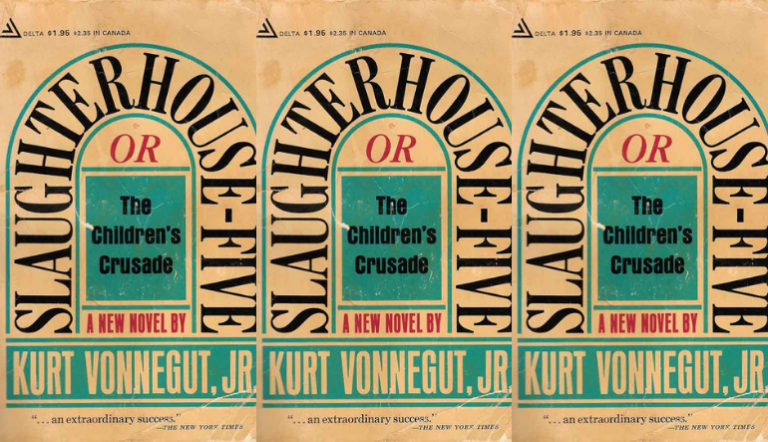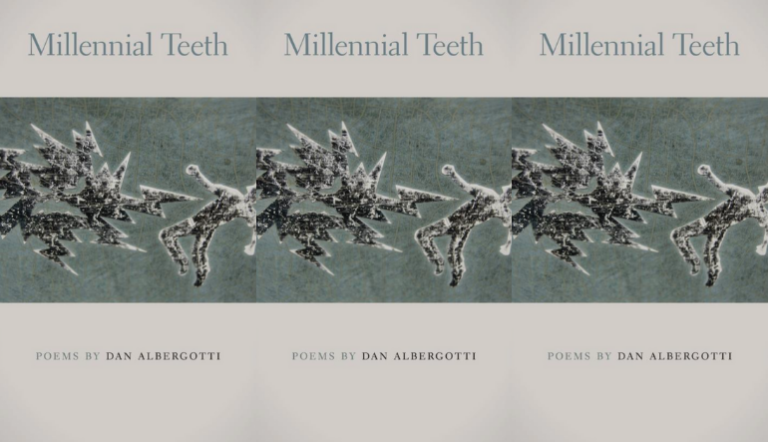Tension mounting
We spend our lives avoiding conflict, and then we reach academia. On the playground we’re told to make peace, but in the classroom we’re praised for our thesis statement that makes an “argument,” that introduces “tension,” that “complicates” a previous notion. Conflict becomes, all of a sudden, the engine of every good story. During discussion,…








